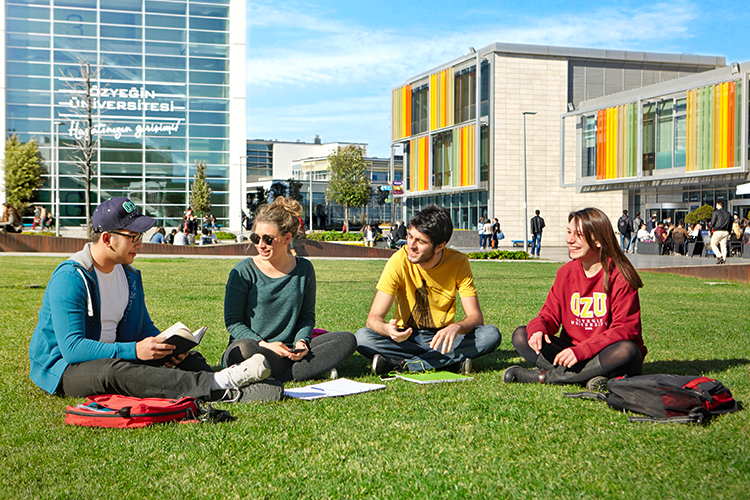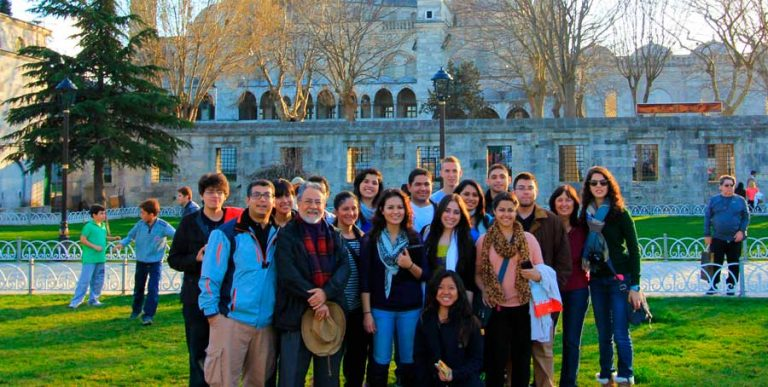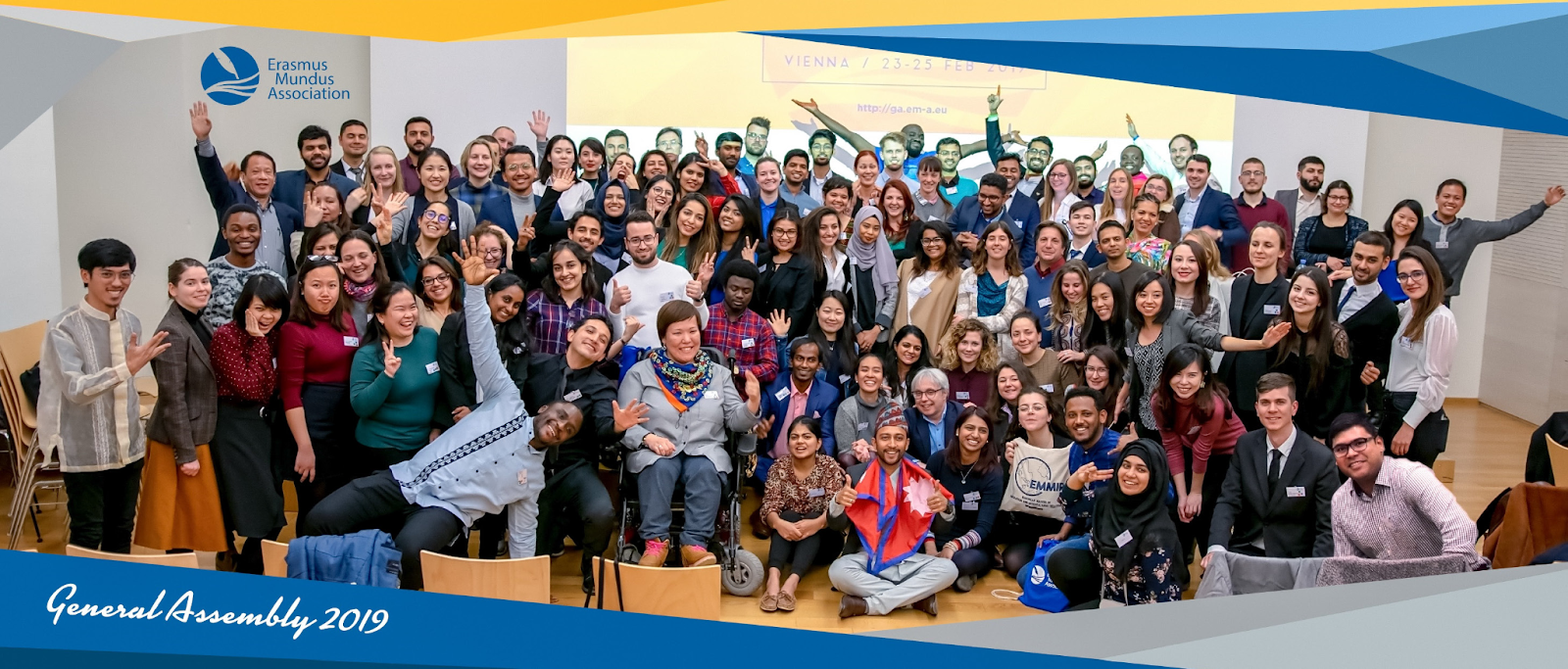Turkey has long been a bridge between East and West, blending rich cultural heritage with modern academic innovation. Over the years, Turkish universities have become a beacon for international students, offering quality education at an affordable cost. This article explores the multifaceted experience of Studying at Turkish universities highlighting academic opportunities, cultural immersion, and practical tips for prospective students.
Why Choose Turkish Universities?

1. Quality Education with International Standards
Turkish universities are increasingly recognized on the global stage for their academic rigor and research opportunities. Many institutions are ranked among the world’s best universities, such as Boğaziçi University, Middle East Technical University (METU), and Koç University. Turkey is a member of the Bologna Process, ensuring its degrees are comparable and recognized across Europe.
2. Affordable Tuition and Living Costs
Compared to Western countries, tuition fees in Turkey are remarkably affordable. Public universities often charge between $500 and $2,000 per year for international students, while private universities may cost slightly more but often provide generous scholarships. Living costs, including accommodation, food, and transportation, are also economical, making Turkey an attractive destination for students on a budget.
3. Rich Cultural Heritage and Vibrant Lifestyle
Studying in Turkey is not just about academics; it’s a cultural adventure. Students experience the country’s historic sites, such as Istanbul’s Hagia Sophia and Ephesus’s ancient ruins, and immerse themselves in its vibrant traditions, from Turkish tea ceremonies to bustling bazaars. The dynamic student life, particularly in cities like Istanbul, Ankara, and Izmir, ensures a balance between education and entertainment.
Popular Programs for International Students

1. Engineering and Technology
Turkey is renowned for its engineering programs, particularly in fields like mechanical, civil, and electrical engineering. Studying at Turkish universities such as METU and Istanbul Technical University (ITU) are highly respected for their research output and industry partnerships.
2. Medicine and Health Sciences
With state-of-the-art facilities and experienced faculty, Turkish medical schools are a preferred choice for students pursuing MBBS or related health sciences degrees. Hacettepe University and Akdeniz University are among the top institutions in this domain.
3. Social Sciences and Humanities
Programs in political science, history, and sociology attract students interested in understanding Turkey’s unique geopolitical position and cultural diversity. Universities like Sabancı University emphasize interdisciplinary learning in these areas.
4. Business and Management
Institutions such as Koç University and Bilkent University offer MBA programs tailored for the global market, blending theoretical knowledge with practical case studies and internships.
Admission Process and Requirements
1. Application Requirements
- Academic Records: High school or undergraduate transcripts.
- Language Proficiency: TOEFL/IELTS scores for English-taught programs or Turkish Proficiency Exam results for Turkish-taught courses.
- Entrance Exams: Some programs may require exams like the SAT, GRE, or GMAT.
- Statement of Purpose: A compelling essay outlining your motivations and goals.
- Letters of Recommendation: Typically two to three letters from teachers or employers.
2. Key Deadlines
Most universities open applications in January, with deadlines between April and June for fall admissions. Spring admissions are less common but available in some institutions.
Scholarships and Financial Aid
1. Türkiye Scholarships
Funded by the Turkish government, this prestigious program covers tuition, accommodation, monthly stipends, health insurance, and even airfare. It is open to students at all levels—bachelor’s, master’s, and doctoral.
2. University-Specific Scholarships
Many private universities, such as Sabancı and Koç, offer merit-based scholarships that significantly reduce tuition fees.
3. External Scholarships
Organizations like Erasmus+ and DAAD also provide funding opportunities for students seeking exchange or full-degree programs in Turkey.
Student Life in Turkey

1. Accommodation Options
- Dormitories: On-campus dorms are affordable and provide a great way to meet other students.
- Private Housing: Apartments shared with peers are common in major cities.
- Homestays: Staying with a Turkish family offers cultural immersion and language practice.
2. Transportation
Turkey boasts an efficient public transportation system, with buses, metro lines, and ferries connecting urban areas. The Istanbul Card and Ankara Card offer discounts for students.
3. Extracurricular Activities
Turkish universities are home to numerous clubs and organizations, ranging from debate and robotics to hiking and photography. Annual festivals and sports competitions add to the vibrant campus life.
Challenges and How to Overcome Them
1. Language Barrier
While many programs are offered in English, Studying at Turkish universities can enhance daily interactions and cultural experiences. Many universities provide free Turkish language courses for international students.
2. Cultural Adjustment
Turkey’s culture may be unfamiliar to some, but its warm hospitality and inclusive environment help ease the transition. Joining student groups and participating in community activities can make adjustment smoother.
3. Bureaucracy
From obtaining a student visa to residency permits, navigating Turkish bureaucracy can be daunting. Universities often have international offices to guide students through these processes.
Tips for Prospective Students
- Start Early: Research universities and scholarships well in advance to ensure you meet application deadlines.
- Network: Reach out to current students or alumni for insights into the academic and social aspects of studying in Turkey.
- Learn Basic Turkish: Even a few phrases can make a big difference in daily life.
- Budget Wisely: Plan for unexpected expenses by keeping a contingency fund.
- Explore: Take time to visit Turkey’s diverse regions, from Cappadocia’s fairy chimneys to Antalya’s Mediterranean beaches.
Success Stories of International Students

Many international students have found success in Turkey, not only academically but also professionally. For instance, a student from Pakistan pursuing engineering at METU praised the faculty’s dedication and the hands-on learning approach. Another student from Nigeria studying medicine at Hacettepe University shared how Turkey’s affordable education allowed her to focus on her studies without financial stress.
Future Prospects:
Studying at Turkish universities opens doors to global opportunities. Graduates can pursue further education or work in Turkey, leveraging the country’s growing economy and strategic location. Additionally



